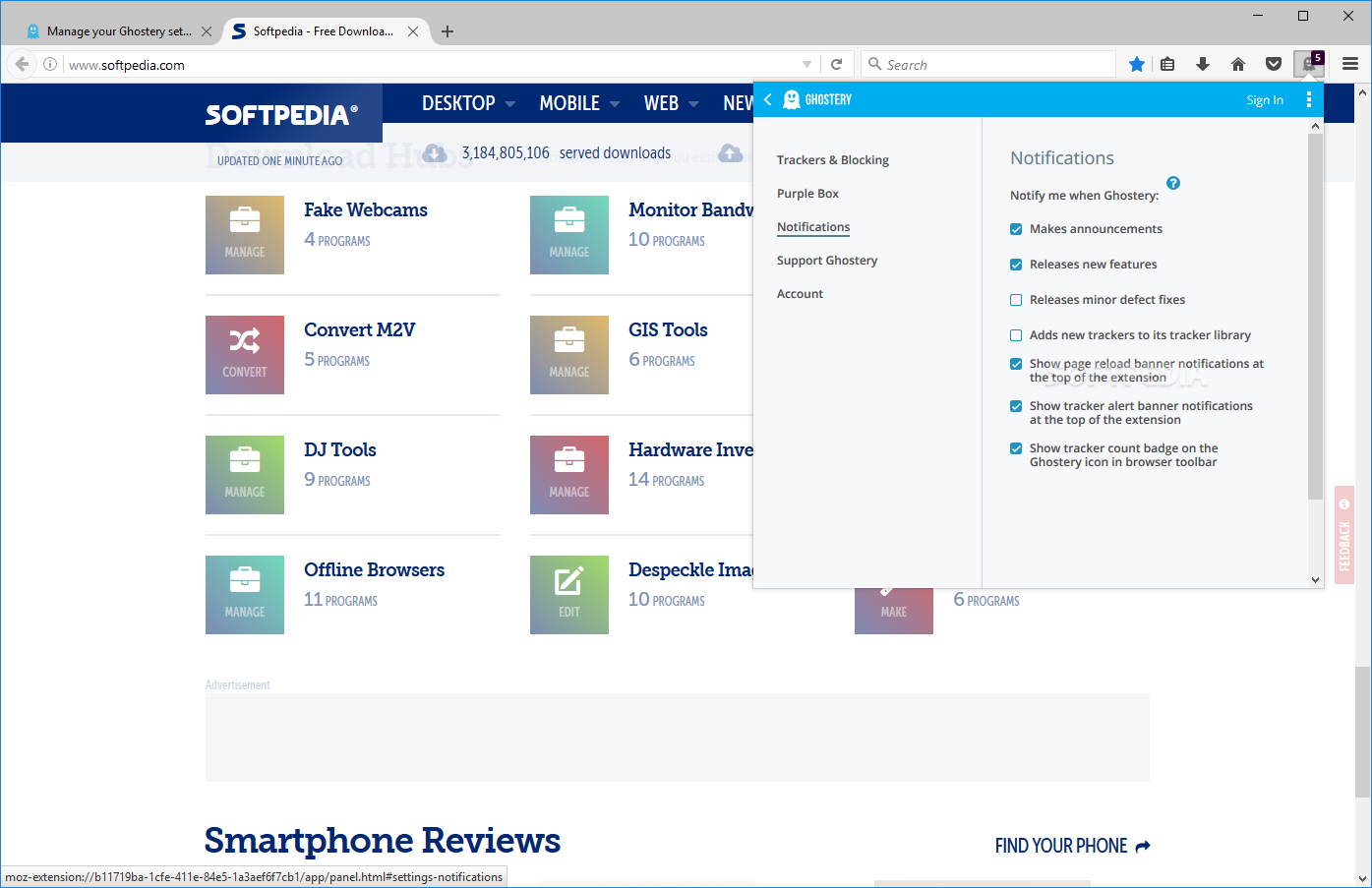
Tor slows down your connection speed, which means it’s not great for playing online games or streaming videos.Using a VPN in conjunction with Tor would make it completely secure. Data isn’t encrypted after it leaves the Tor network, meaning Tor is not 100% secure.Tor also uses NoScript and prevents fingerprinting.Tor keeps no logs and segregates every website you visit, clearing all your cookies, history, and other tracking info between sites so trackers and other software can’t trace you.Anyone trying to view your usage would just see traffic originating from a network of at least three random Tor nodes, meaning it can’t be traced to your computer.TOR uses a three-layered encryption process.Tor is now a not-for-profit organization with a goal of researching online privacy and developing tools to support this. TOR (The Onion Router) was developed by US Navy researchers for anonymous communication. We’ve had a look at three popular browsers – Firefox, Tor, and DuckDuckGo – and have put them to the test to determine which is the best browser for privacy. Government surveillance, marketing data collection, and scammers all pose a threat, so it’s no wonder the online privacy industry is worth $12 billion! Securing your browser is one of the easiest ways to protect yourself from those who try to view or steal your sensitive information.


Whether you realize it or not, your online security is almost always at risk and this is constantly increasing.


 0 kommentar(er)
0 kommentar(er)
